

Sikh Culture
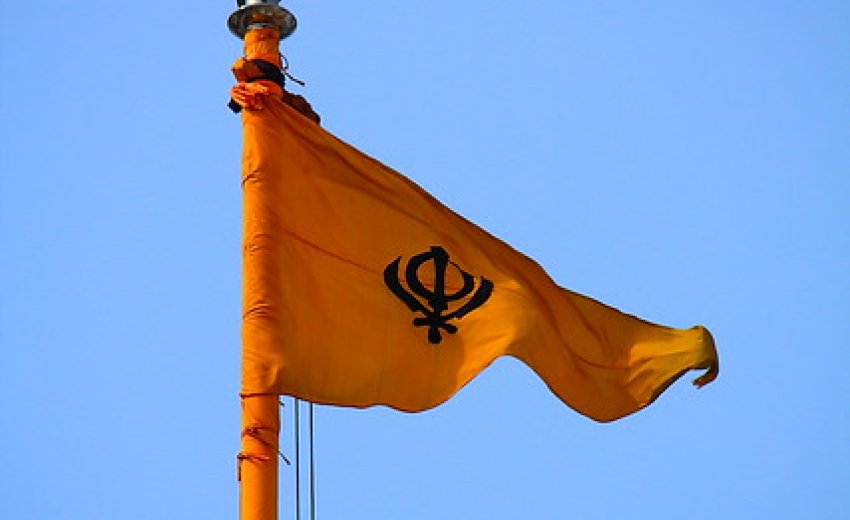
The Nishan Sahib – the flag that stands for Sikh courage and faith
The Nishan Sahib is more than a flag – it’s a living symbol of Sikh identity, dignity and solidarity. When you see that saffron (or sometimes navy) triangle fluttering outside a gurdwara, it’s announcing something simple and powerful: here is a place of refuge, service and spiritual strength. A story of courage There’s a famous
Read More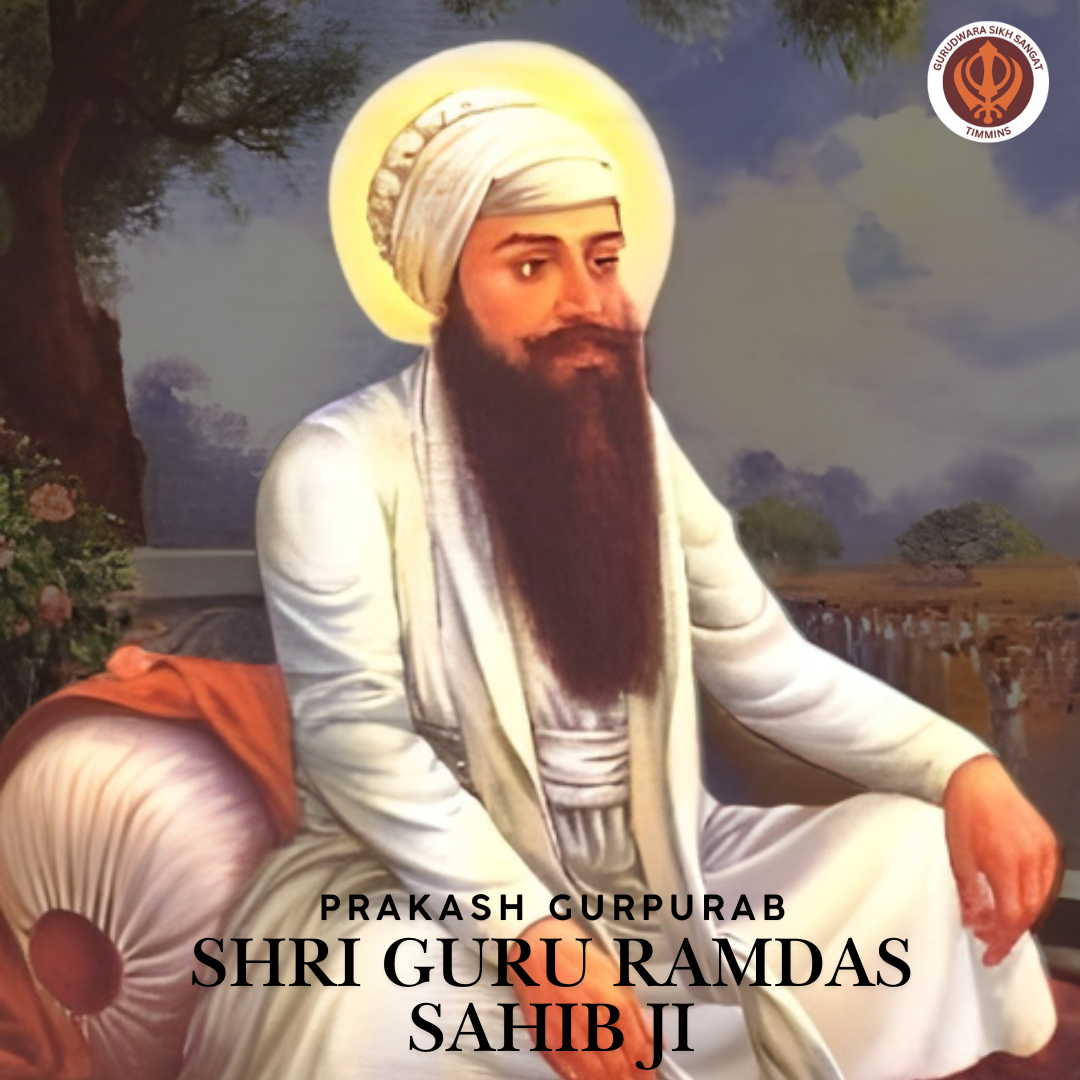
Prakash Gurpurab – Shri Guru Ram Das Ji (8 October 2025)
Prakash Gurpurab for Shri Guru Ram Das Ji is a gentle, joyful time in the Sikh year – a day when communities gather to remember a leader whose quiet devotion and tireless service left a deep mark on Sikh life. On October 8, 2025, congregations will come together not for spectacle, but to listen, to
Read More
Embracing Identity – The Kaur
When people talk about Sikh identity, many picture a Singh: beard, turban, the Five Ks – a clear, recognizable look. But with Kaurs (Sikh women), the picture is less tidy. Some keep their hair long and cover it with a turban, patka, or chuni. Others cut their hair or wear it in a bun or
Read More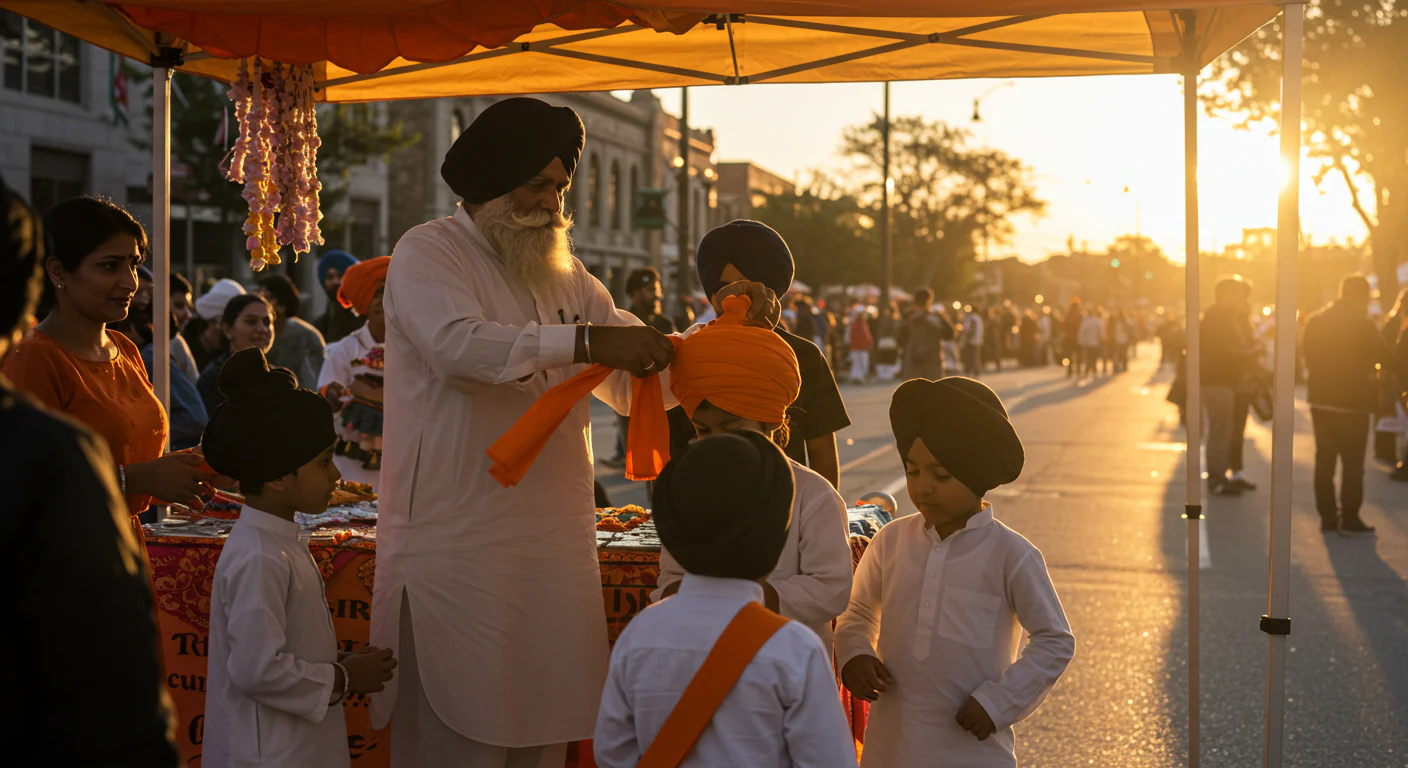
Symbol of Identity: Delving into the Meaning of ‘The Gift of Dastar’
The dastaar – the turban – is much more than a piece of cloth for many Sikhs. For those who have been baptized into the Khalsa (Amritdhari Sikhs), it is a required and visible part of their identity. It covers uncut hair as a sign of respect for the body as a gift, and it
Read More
Joti Jot – Guru Nanak Dev Ji – September 16
Joti Jot is a gentle, deeply felt day: it marks the moment when Guru Nanak Dev Ji passed from the world into the eternal light. We don’t mark it as an ending so much as a continuation – the life and voice of the Guru lived on, most tangibly, in the teachings collected in the
Read More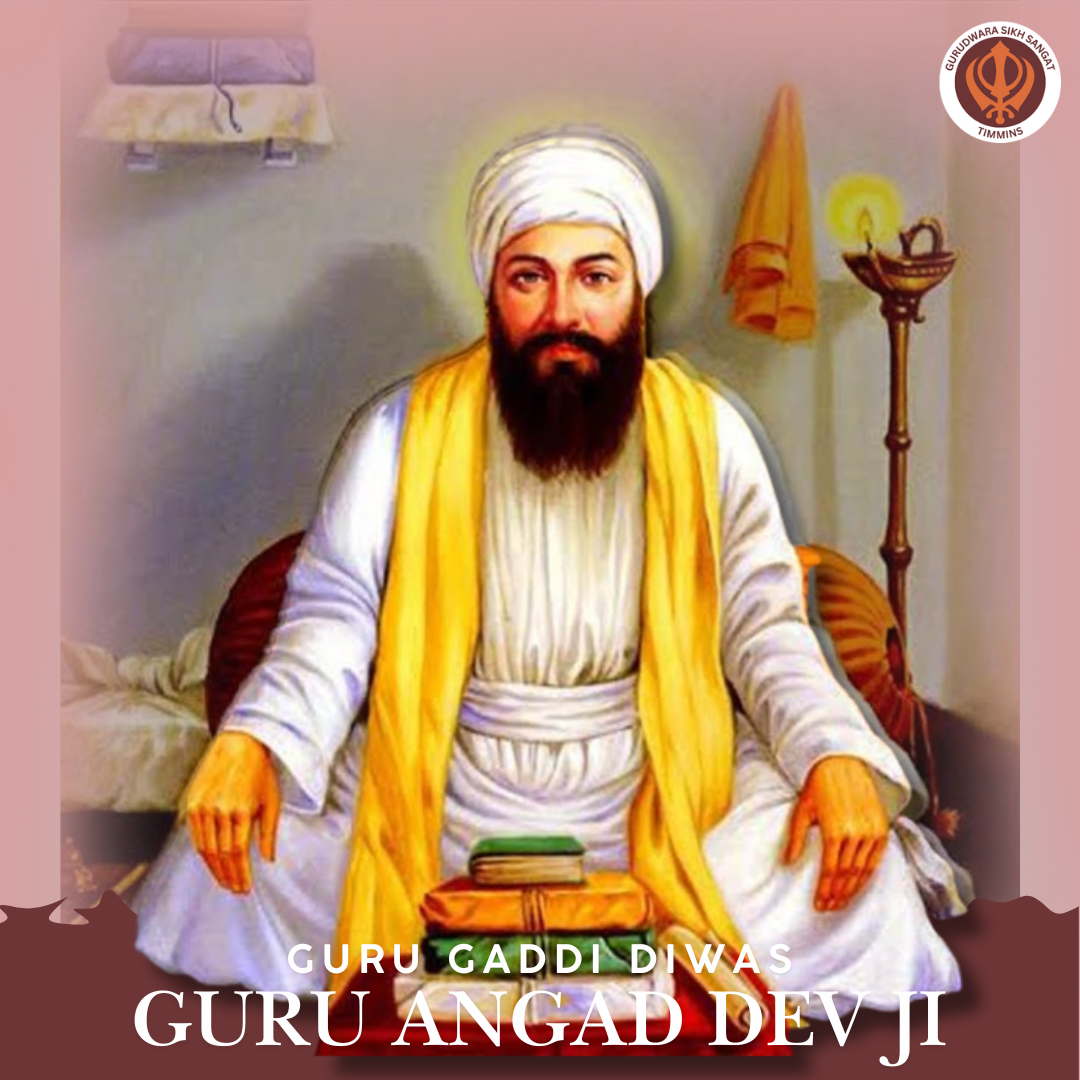
GurGaddi Diwas – Guru Angad Dev Ji (September 12)
GurGaddi Diwas – Guru Angad Dev Ji (September 12) This year on September 12, Sikhs remember the GurGaddi – the day Guru Angad Dev Ji was formally installed as the second Guru of the Sikhs. It’s a quiet, powerful occasion: not a flashy festival, but a chance to pause, listen, and recommit to the simple
Read More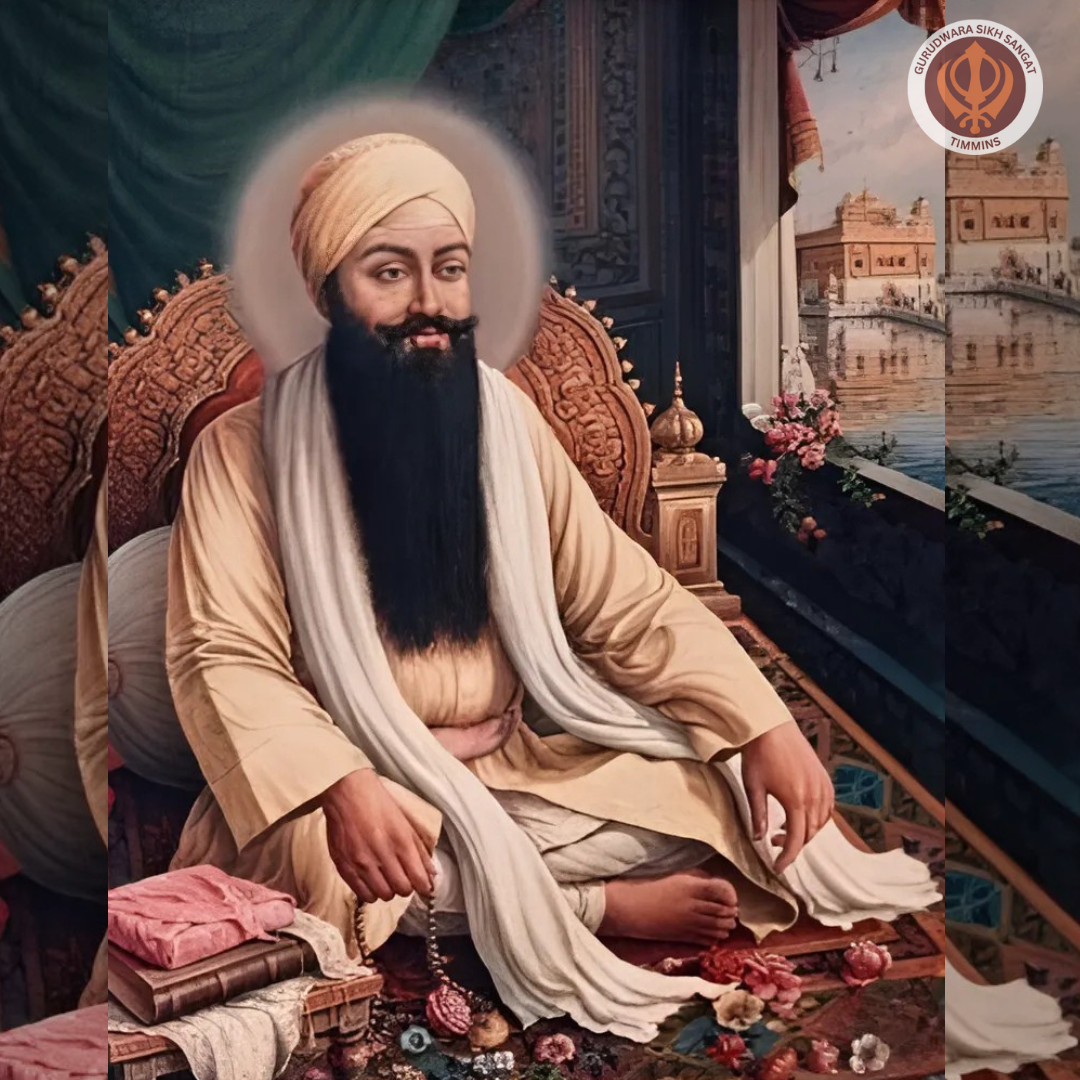
Gurugaddi of Guru Ram Das Ji – September 5
September 5, the Sikh community remembers the Gurugaddi- the day Guru Ram Das Ji was installed as the fourth Guru. It’s a day to honour a leader whose devotion, humility and vision shaped the heart of Sikh life: the city of Amritsar, the beginnings of the Harmandir Sahib, and a deep, everyday practice of service
Read More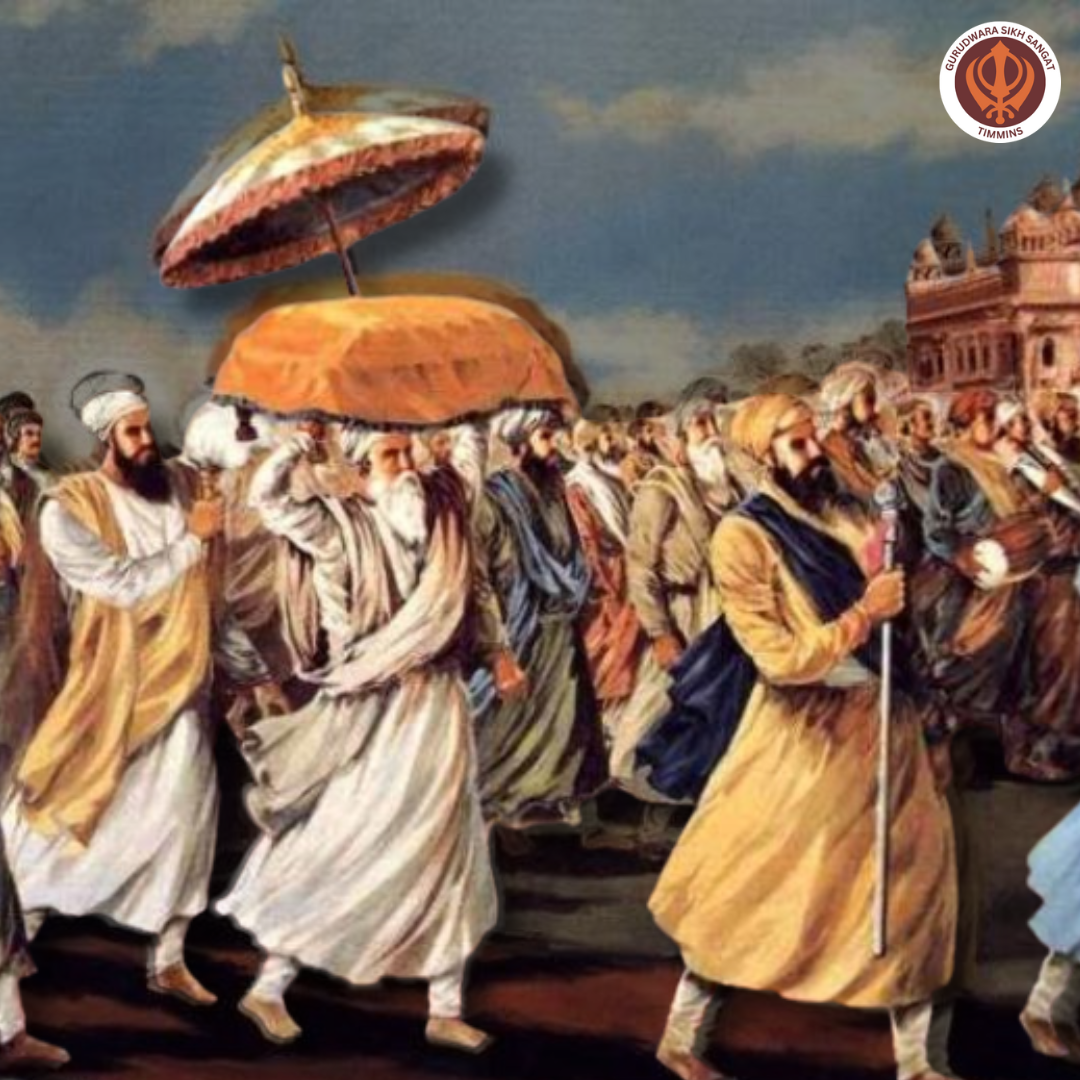
Sampuranta Divas – Sri Guru Granth Sahib Ji (Sri Harmandir Sahib) – 29 August 2025
Sampuranta Divas is a quiet, powerful anniversary in the Sikh calendar: the day we remember the completion of the Adi Granth – what became the living Guru, Sri Guru Granth Sahib Ji. Each year this day is observed with prayer, music and community service, and Sri Harmandir Sahib (the Golden Temple) in Amritsar becomes the
Read More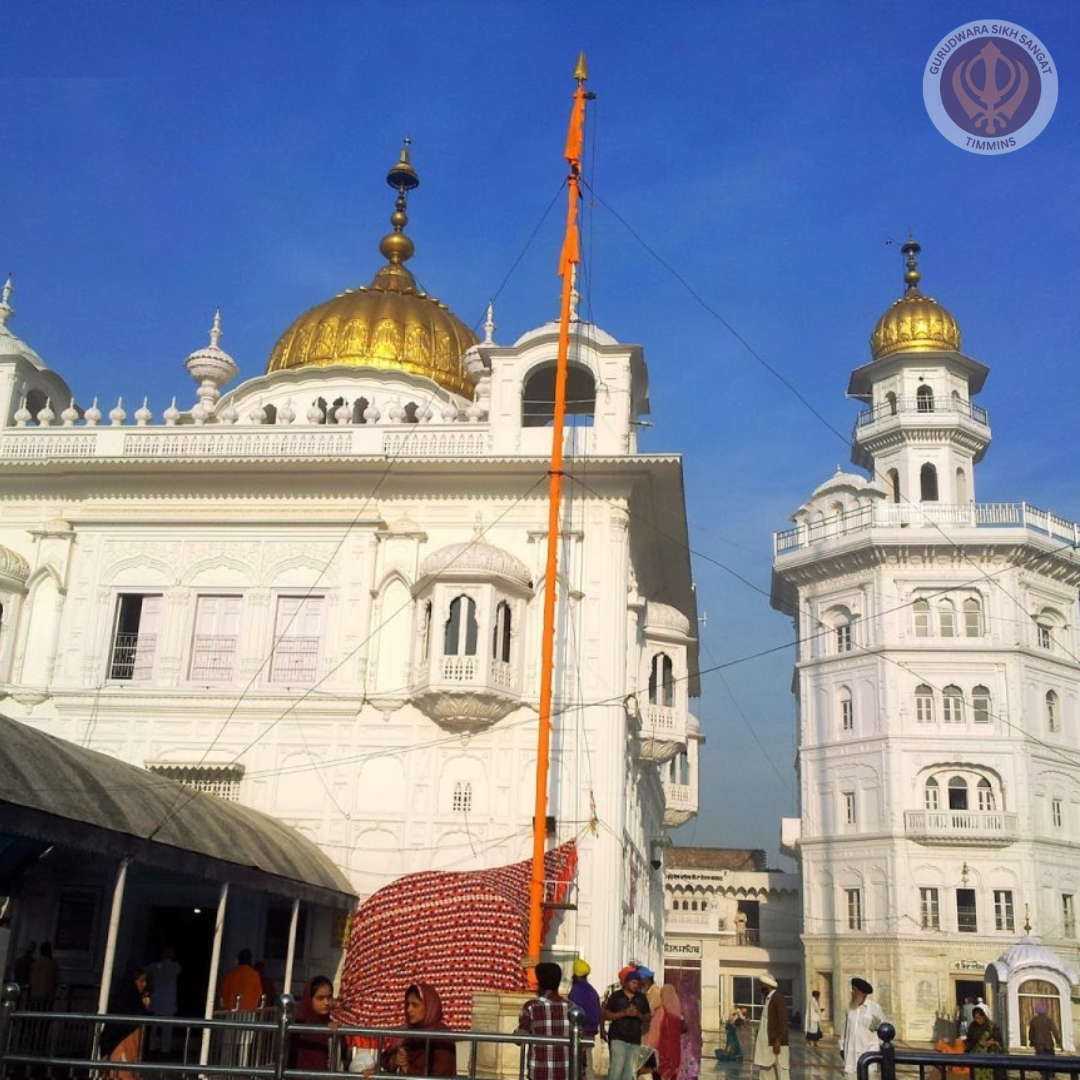
Celebrating Jorh-Mela at Baba Bakala
August 9th, Baba Bakala – often called the “Village of the Ninth Guru” – bursts into life for Jorh-Mela, one of Punjab’s most cherished Sikh gatherings. Long before sunrise, pilgrims begin arriving, their eyes bright with anticipation. Children run ahead, eager to glimpse the golden domes of Gurdwara Baba Bakala Sahib, while elders pause to
Read More
Hari Singh Nalwa: The Lion of the Sikh Empire
Hari Singh Nalwa—known across the Punjab as the “Lion Ripper”—was a man whose life read like an epic. Born in 1791 into a family of warriors, he lost both his grandfather and father in service to the Sikh chiefs before he could even ride a horse. Yet under his mother’s care and the gentle guidance
Read More